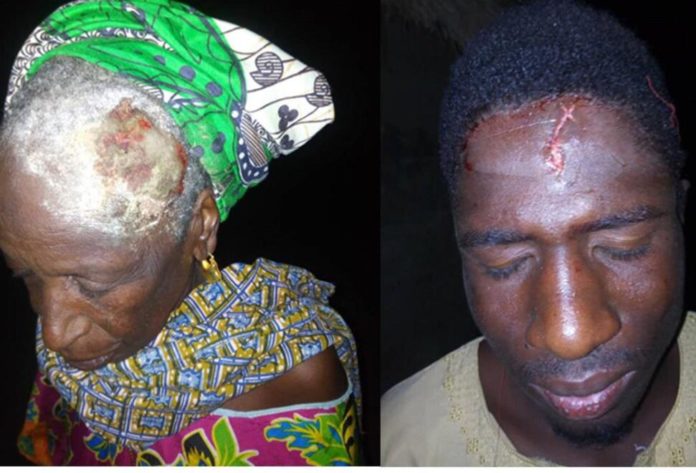By Lamin Njie
The National Human Rights Commission of The Gambia has said it has received reports of ‘serious’ and ‘discriminatory’ practices in Serahule communities in The Gambia.
“It has been brought to the attention of the National Human Rights Commission (NHRC) that, serious and discriminatory practices are being meted out by some members of the Sarahule tribe who regard themselves as nobles on other members of the same tribe they regard as slaves. The said discriminatory practices among the Sarahule tribe has been recently reported in Koina and Fatoto villages of Kantora District in the Upper River Region,” the NHRC said in a statement Tuesday.
The statement comes five days after a painstaking investigation by The Fatu Network that offered a comprehensive understanding as well as a real peep into the Koina incident. The special report was first aired by The Fatu Network on Thursday June 13.
A fortnight ago, the nation woke up to the news of an outbreak of another caste-related clashes in the Upper River Region this time in Koina in which houses were set ablaze and properties vandalised. Scores were also injured during the violence. The police later rounded up and detained nearly two dozen people suspected of involvement in the rampage.
On Tuesday, NHRC said it has received reports of serious and discriminatory practices in Serahule communities in The Gambia where “those who regard themselves as nobles have been provoking those that they regard as slaves by using derogatory, Insulting and threatening language resulting in fighting, assault and disorderly conduct.”
“The Commission is also aware that caste system is still widespread in some parts of the country in the North Bank Region, the Central River Region, and the Central River Region where some tribes and clans regard others within their own tribes and communities as inferior (slaves) and others as superior (nobles),” the commission said.
It added: “Some communities have also been known to discriminate those they regard as “recent arrivals” and therefore regard them as strangers as opposed to those they regard as the original settlers.
“This kind of discriminatory labelling has translated into discriminatory practices in relation to land ownership and land use, marriage, including segregated burial sites for “nobles” and “slaves”. The NHRC not only condemns any and all forms of discrimination against anyone within the soil of the Gambia but also wants to make it categorically clear that it is illegal and unlawful under the laws of the Gambia and all the international treaties and conventions that the Gambia has ratified for anyone to discriminate against anybody based on tribe, ethnicity, race, gender, religion and or social status.
“The NHRC is therefore calling on all community leaders, religious leaders, opinion leaders, elders, civil and public servants and the citizenry to be very wary and to desist from making discriminatory statements and or engaging in discriminatory practices. Discrimination cannot be condoned in our communities and those responsible for fanning the seeds of hatred and division will be brought to book.
“The police are also advised to be very vigilant, take an active role in the fight against all forms of discrimination and treat seriously all cases of discrimination reported to them with professionalism and impartiality.
“As part of its promotional mandate, The NHRC, in collaboration with stakeholders, will engage the affected communities and will also roll out a series of activities geared towards sensitizing the general public on human rights, promoting a culture of human rights in The Gambia and assisting the Government in the formulation of appropriate policies to guarantee human rights.”
The National Human Rights Commission, created in 2017, is mandated to promote, monitor, investigate and protect human rights, as well as create a culture of human rights in The Gambia. The institution can also recommend appropriate remedial action to the government regarding a human rights violation.




